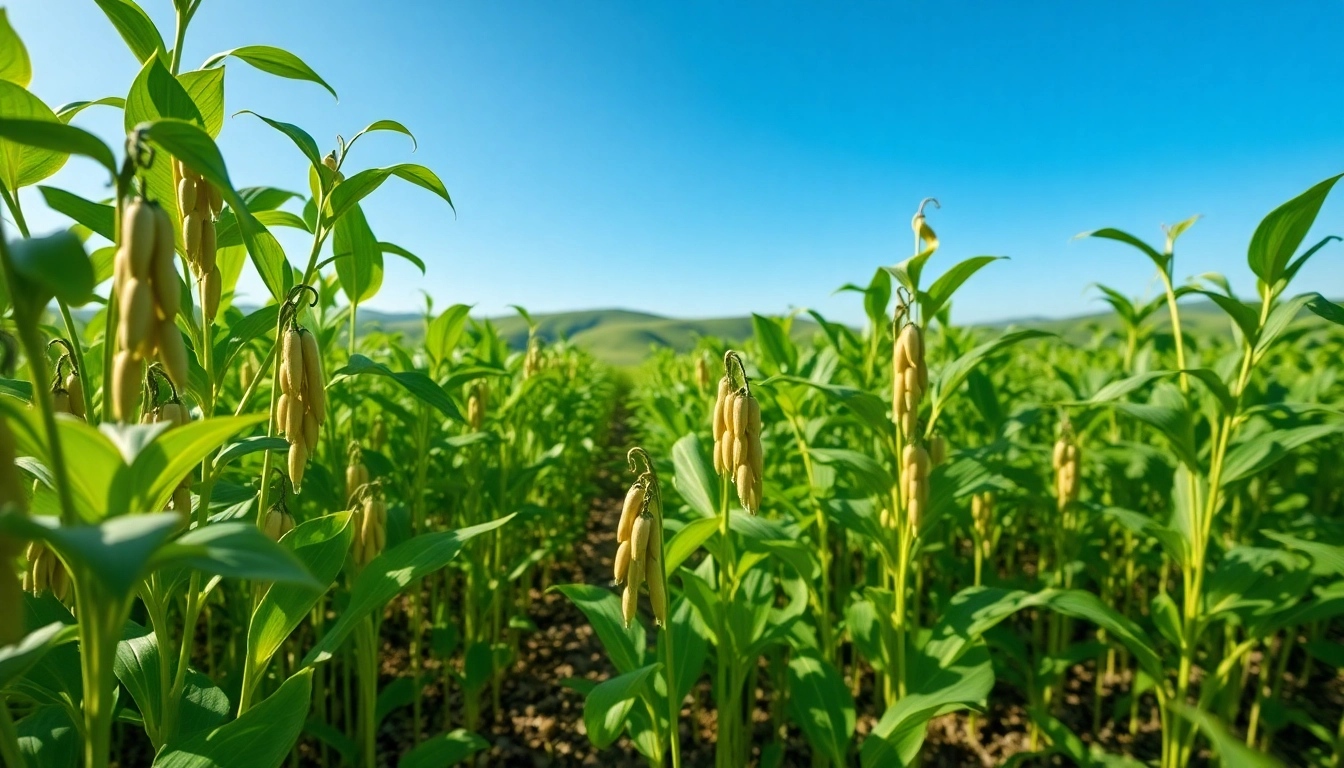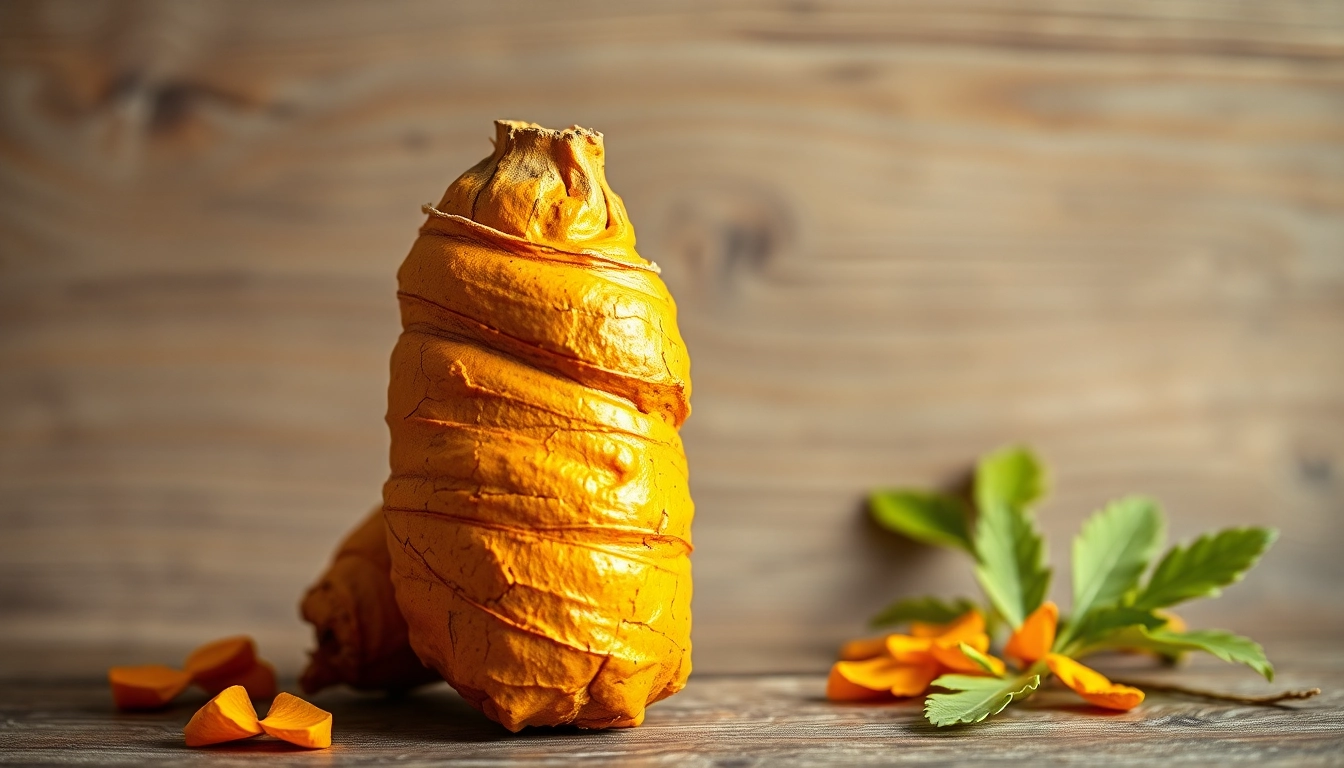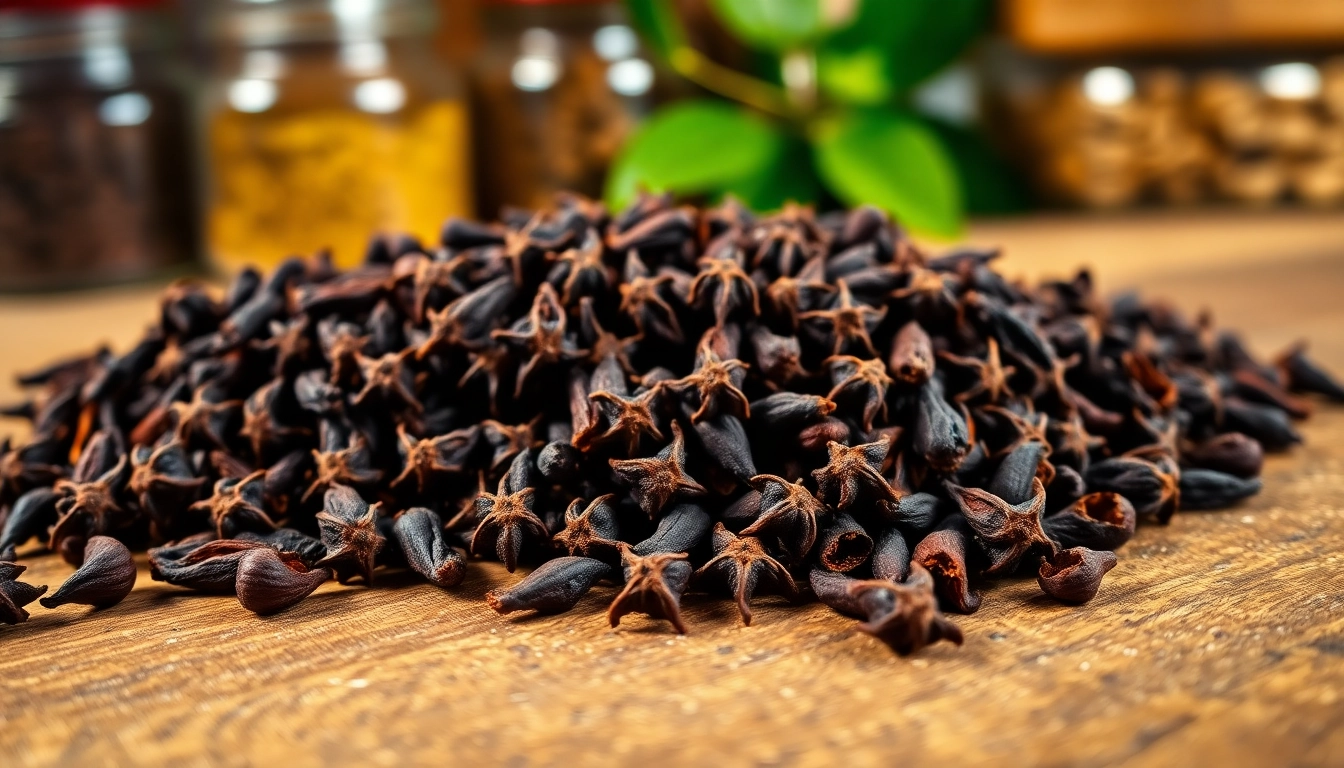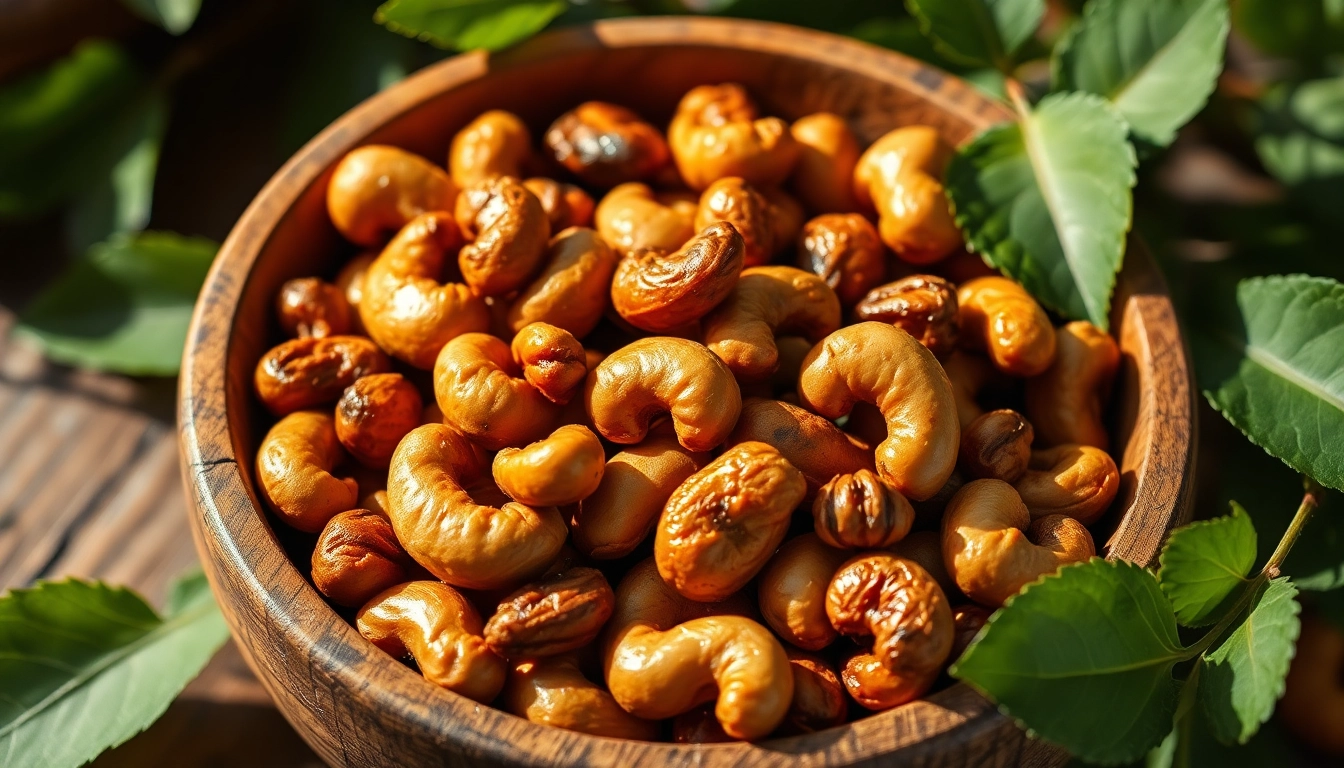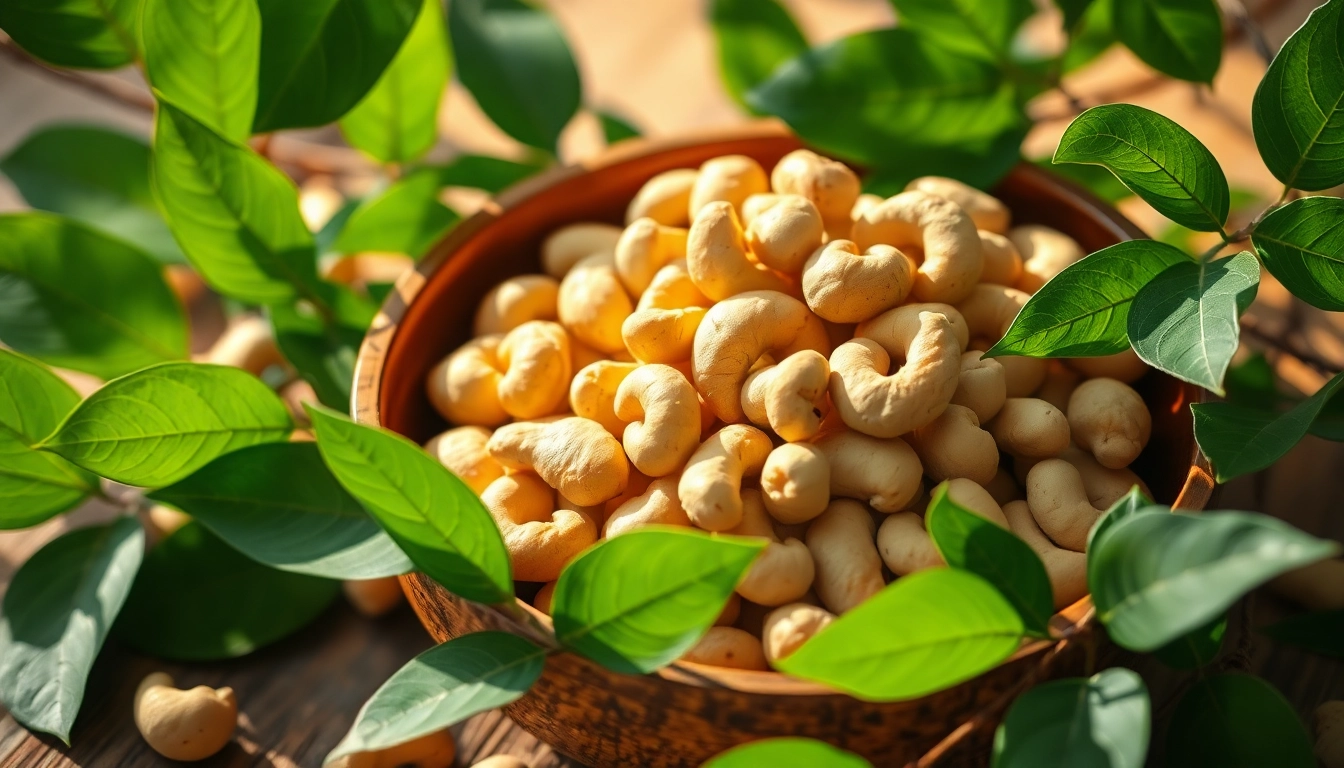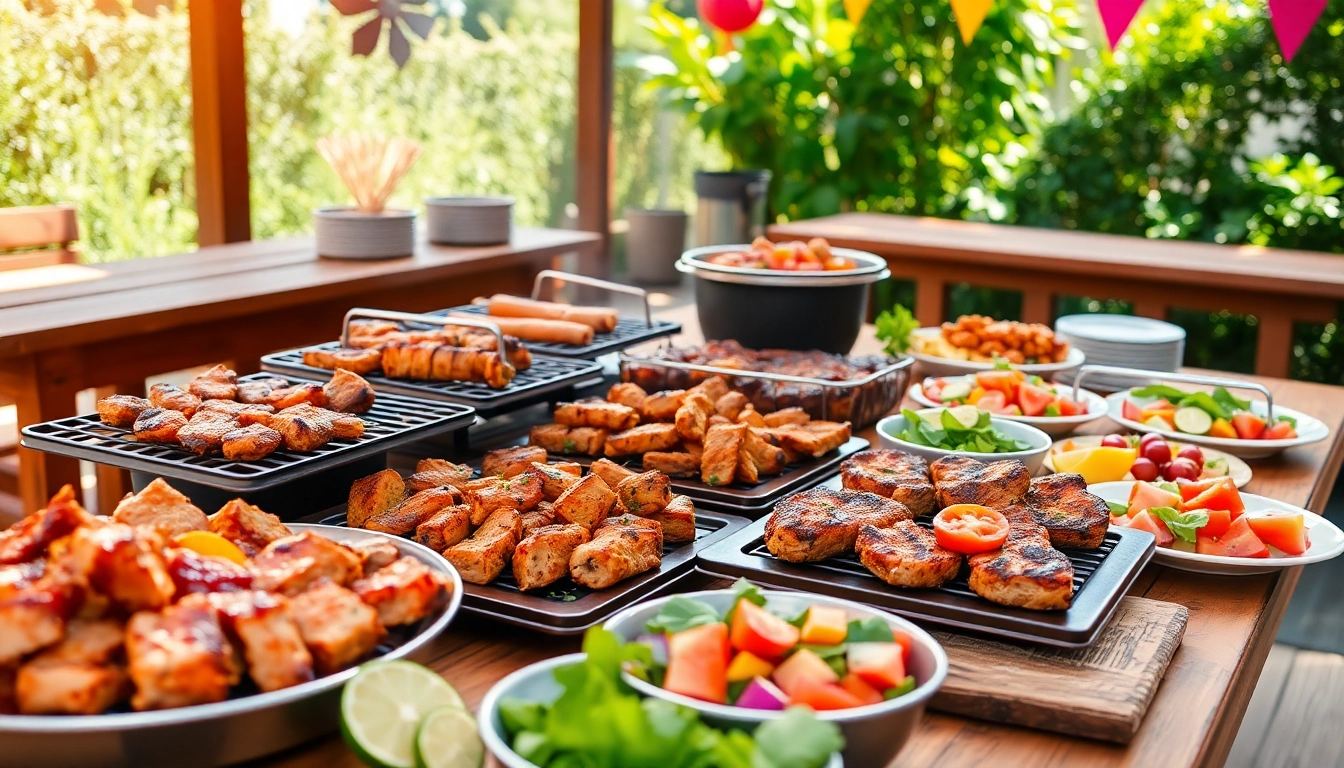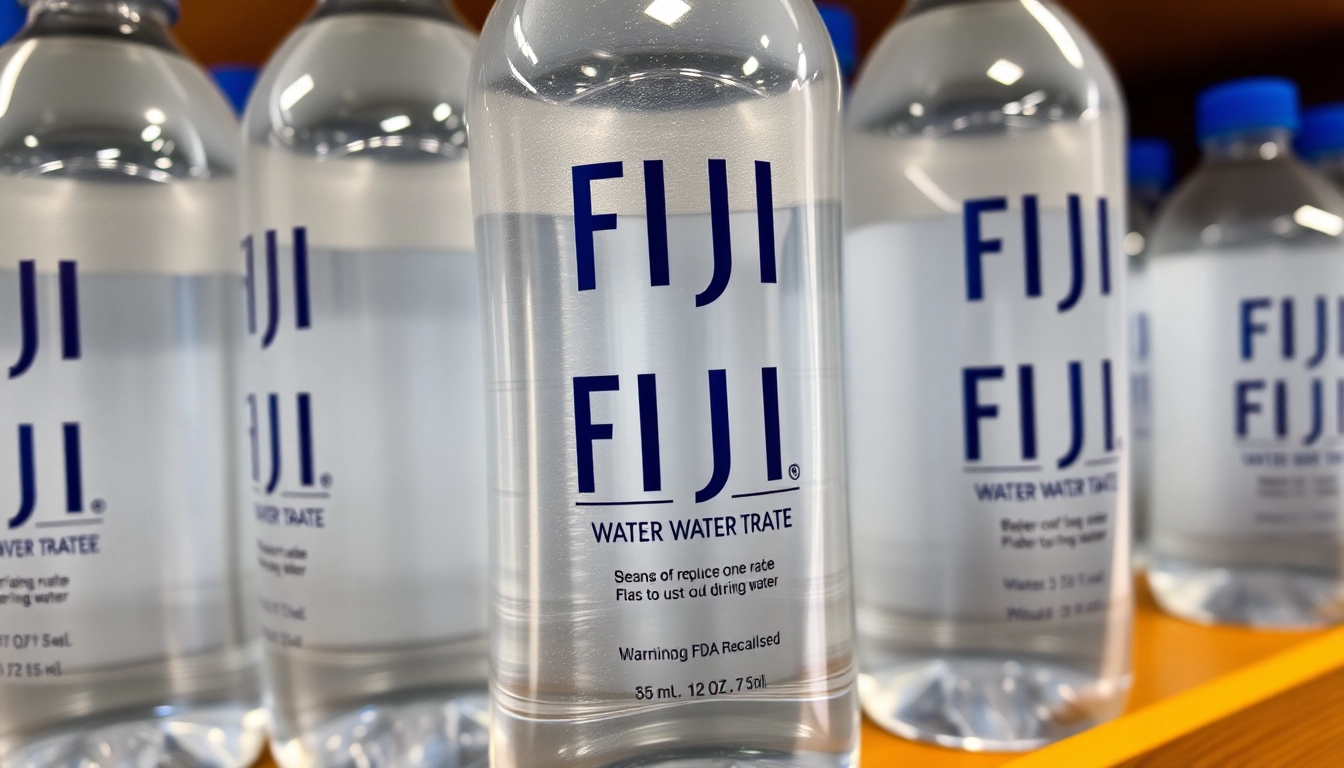Unwind at Sacramento Wineries: A Guide to Memorable Experiences

The Allure of Sacramento Wineries
The charm of Sacramento wineries is undeniable, captivating both seasoned oenophiles and casual wine enthusiasts alike. Nestled within the fertile valley of California, the Sacramento region boasts a diverse array of wineries, each with unique offerings and experiences. As you explore these Sacramento wineries, you will discover a beautiful blend of tradition, innovation, and breathtaking scenery.
Understanding the Wine Culture in Sacramento
Sacramento’s wine culture is deeply rooted in its geography and climate, which contribute to the region’s rich agricultural heritage. The area enjoys a Mediterranean climate, characterized by hot, dry summers and mild, wet winters, making it ideal for grape cultivation. This climate, along with the various soil types found throughout the Sacramento Valley, allows for a vast selection of grape varietals, from Cabernet Sauvignon and Chardonnay to Zinfandel and Viognier. The area’s winemakers take pride in creating high-quality wines that reflect the unique terroir of the region.
Key Characteristics of Sacramento Wineries
One of the defining characteristics of Sacramento wineries is their commitment to sustainable practices. Many wineries in the region have embraced eco-friendly cultivation techniques, such as organic and biodynamic farming, ensuring that they produce not only delicious wines but also contribute to the wellbeing of the environment. Furthermore, the wineries often focus on small-batch, handcrafted wines, offering visitors a chance to experience something unique at each location.
Why Visit Sacramento Wineries?
Visiting Sacramento wineries provides more than just an opportunity to sample exquisite wines; it is a chance to immerse yourself in a vibrant community that celebrates its agricultural roots. Wine tastings are complemented by picturesque landscapes, educational tours, and warm hospitality from the winemakers themselves. Whether you’re looking for a romantic getaway, a fun day with friends, or an educational experience, the wineries in Sacramento cater to diverse interests, ensuring everyone leaves with lasting memories.
Top Activities at Sacramento Wineries
Wine Tastings: What to Expect
When you arrive at a Sacramento winery, prepare for a sensory delight as you embark on a wine-tasting adventure. Most wineries offer a variety of tasting options, showcasing their signature wines alongside limited releases and small-batch creations. Tastings typically include an overview of the winery’s philosophy, grape varietals, and winemaking processes, making it an educational experience as well as a pleasurable one. Expect to savor flavors ranging from fruity and floral to earthy and spicy, often accompanied by light bites that enhance the tasting experience.
Events and Festivals Celebrating Sacramento Wineries
Throughout the year, Sacramento wineries host an array of events and festivals that celebrate the local wine culture. From harvest festivals that highlight the grape-picking season to themed wine tastings and live music events, there is always something happening in this vibrant wine region. These gatherings provide visitors an opportunity to mingle with fellow wine lovers, sample a variety of wines, and even meet the winemakers behind their favorite bottles.
Pairing Food with Wines from Sacramento
No wine experience is complete without the perfect food pairing. Many Sacramento wineries offer culinary events where expert chefs create dishes specifically designed to complement their wines. These pairing dinners are often a highlight of winery visits, as they provide guests with a comprehensive understanding of how flavors intertwine. Additionally, food trucks and local restaurants frequently collaborate with wineries, creating a vibrant atmosphere where guests can indulge in delectable bites while sipping on their favorite wines.
Planning Your Visit to Sacramento Wineries
Best Times of Year to Visit
The best time to visit Sacramento wineries depends on what you hope to experience. The spring and fall seasons are particularly popular due to mild weather and stunning scenery. Spring showcases blooming vines and wildflowers, while fall boasts beautiful foliage with vibrant colors and the excitement of the harvest. However, summer boasts long, sunny days perfect for outdoor tastings, and winter offers cozy atmospheres in winery tasting rooms with opportunities for seasonal wines.
Transportation Options to Sacramento Wineries
Getting to the Sacramento wineries is convenient for visitors. Whether you choose to drive yourself or opt for guided tours, there are multiple transportation options available. For those who prefer to indulge in tastings without driving, numerous tour companies offer packages that include transportation to various wineries, ensuring a safe and enjoyable experience. Additionally, rideshare services are also widely available, making it easy to explore the area at your own pace.
Essential Tips for Winery Tours
To make the most of your visit to Sacramento wineries, consider these essential tips. First, check ahead for reservation requirements, as many wineries have limited tasting capacity or require appointments, especially during peak seasons. Secondly, familiarize yourself with the wineries you plan to visit; reviewing tasting menus and special offerings can enhance your experience. Finally, don’t hesitate to ask questions during your tastings—winemakers are often eager to share their knowledge and passion for wine.
Local Favorites Among Sacramento Wineries
Hidden Gems in the Region
While many well-known wineries are celebrated across the region, Sacramento is also home to hidden gems that offer a unique and authentic experience. These lesser-known wineries often feature innovative wines, stunning locations, and personalized service, making them a rewarding discovery for passionate wine lovers. Exploring these hidden gems can lead to unforgettable experiences and, perhaps, your new favorite wine.
Popular Winery Tours and Packages
Many visitors to Sacramento wineries seek the convenience of guided tours, which often include transportation, tastings, and sometimes meals. These tours can be tailored to specific interests, such as exploring organic wineries or visiting those with a focus on unique varietals. Participating in a guided tour provides guests with insights into the wine-making process and the histories of the wineries, making it a perfect solution for those new to the wine scene or looking for a stress-free day out.
Customer Reviews and Experiences
Delving into customer reviews and experiences can help you identify which Sacramento wineries align most closely with your preferences. Many visitors share their highlights, from exceptional customer service to standout wines that exceeded expectations. Researching reviews can also provide insight into activities and events that are most favored, ensuring your visit is enjoyable and fulfilling.
Enhancing Your Experience at Sacramento Wineries
Learning About the Wine-Making Process
One of the most enriching experiences at Sacramento wineries is learning about the wine-making process firsthand. Many wineries offer tours that take guests through the vineyards and production facilities, allowing them to witness the techniques used to create their favorite wines. Engaging with the winemakers, understanding the fermentation process, and exploring the intricacies of blending can deepen your appreciation for the wines produced in the region.
Staying Nearby: Accommodations Tips
For those wishing to extend their winery experience, adequate lodging options are available near Sacramento wineries. From charming bed-and-breakfasts to luxurious hotels and vacation rentals, there are accommodations to suit any travel style. Choosing to stay nearby allows for a leisurely experience, enabling you to savor the beauty of the region and participate in multiple tasting experiences without the need for rushed itineraries.
Souvenirs and Wine Purchases from Sacramento Wineries
Many wineries offer wine for purchase, providing an opportunity to take a piece of your experience home with you. Purchasing bottles directly from the winery often means you can access exclusive wines that may not be available elsewhere. Additionally, many wineries feature gift shops where visitors can find unique wine-related merchandise, such as glasses, books, and artisanal cheese or charcuterie boards, making for perfect souvenirs from your trip.

